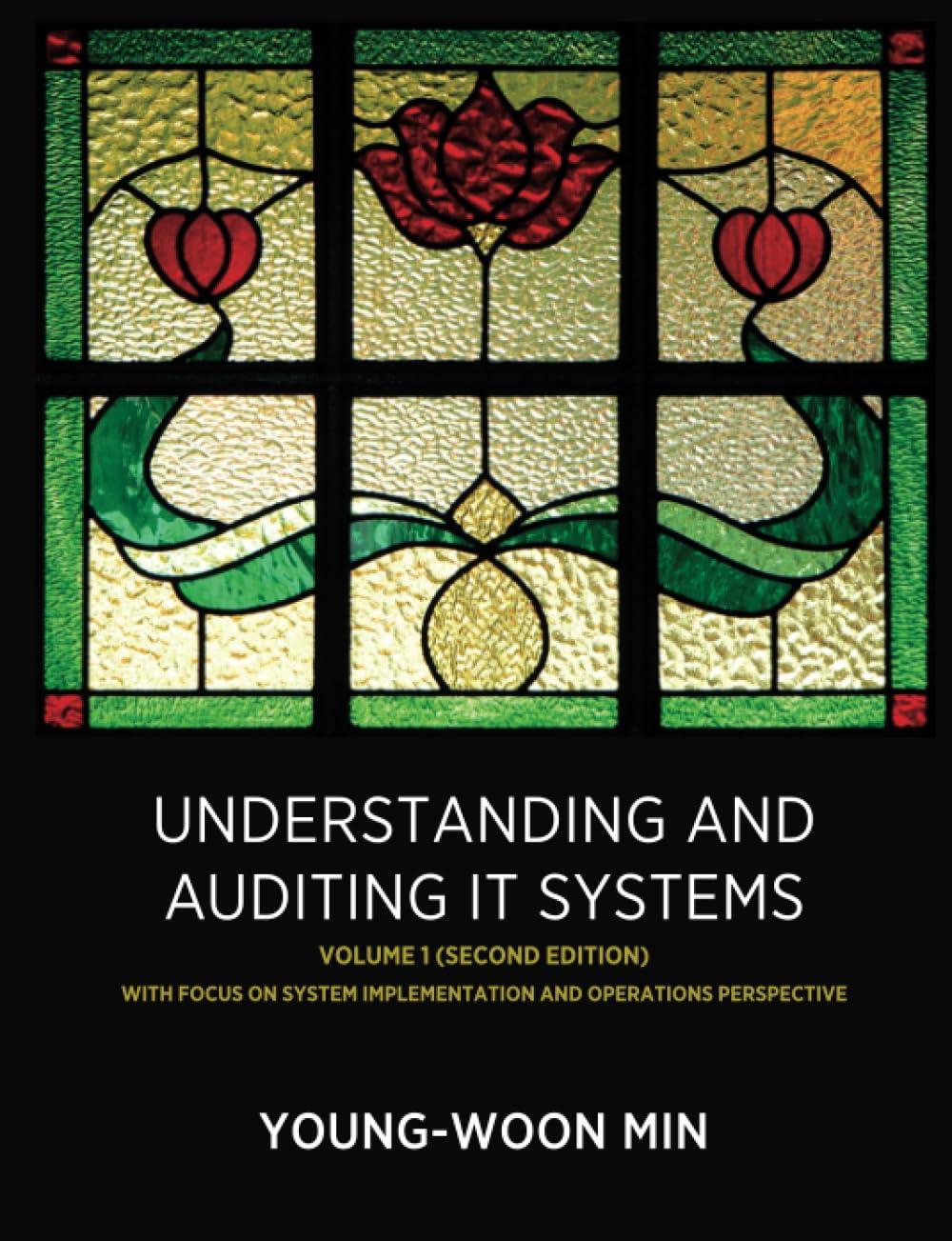Question
1. Calculate ending inventory and cost of goods sold at March 31, using the specific identification method. The March 5 sale consists of bikes from

1. Calculate ending inventory and cost of goods sold at March 31, using the specific identification method. The March 5 sale consists of bikes from beginning inventory, the March 17 sale consists of bikes from the March 9 purchase, and the March 27 sale consists of four bikes from beginning inventory and eight bikes from the March 22 purchase.
2. Using FIFO, calculate ending inventory and cost of goods sold at March 31.
3. Using LIFO, calculate ending inventory and cost of goods sold at March 31.
4. Using weighted-average cost, calculate ending inventory and cost of goods sold at March 31. (Round your intermediate and final answers to 2 decimal places.)
5. Calculate sales revenue and gross profit under each of the four methods.(Round weighted-average cost amounts to 2 decimal places.)
6. Comparing FIFO and LIFO, which one provides the more meaningful measure of ending inventory?
7. If Gregs Bicycle Shop chooses to report inventory using LIFO instead of FIFO, record the LIFO adjustment.
Greg's Bicycle Shop has the following transactions related to its top-selling Mongoose mountain bike for the month of March. Greg's Bicycle Shop uses a periodic inventory system Cost per Unit $180 Total Cost $ 3,600 2,000 2,100 1,610 $ 9,310 Units 20 15 10 Transactions Date March 1 Begiing inventory March 5 Sale ($260 each) 200 arch 9 Purchase March 17 Sale ($310 each) March 22 Purchase March 27 Sale ($335 each) March 30 Purchase 10 12 7 230Step by Step Solution
There are 3 Steps involved in it
Step: 1

Get Instant Access to Expert-Tailored Solutions
See step-by-step solutions with expert insights and AI powered tools for academic success
Step: 2

Step: 3

Ace Your Homework with AI
Get the answers you need in no time with our AI-driven, step-by-step assistance
Get Started


